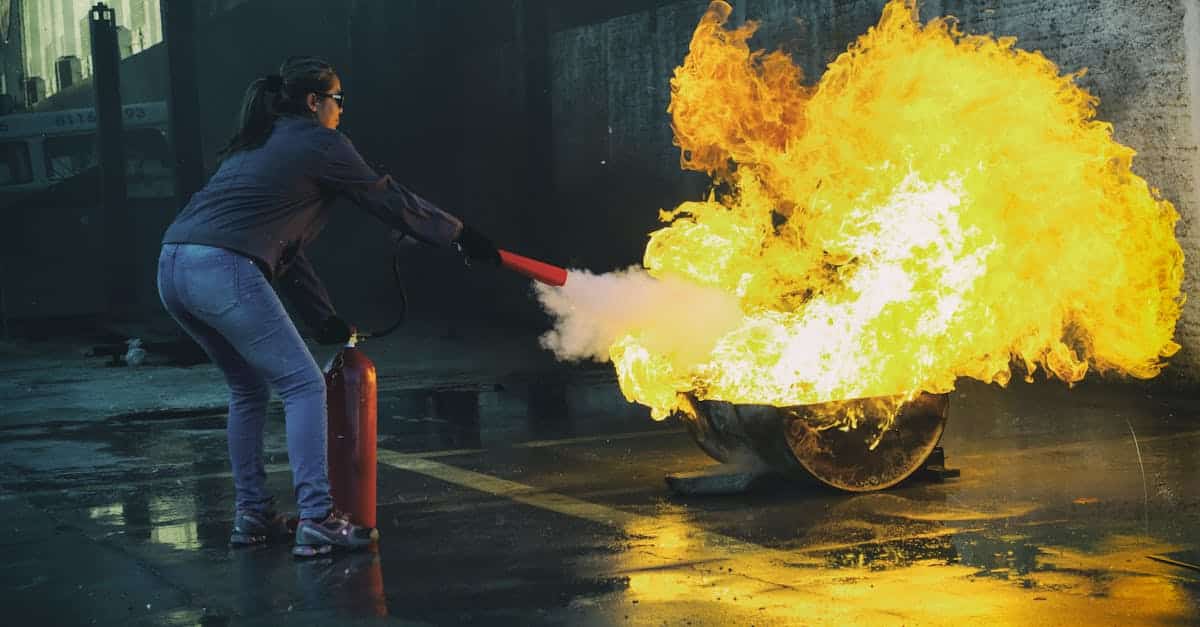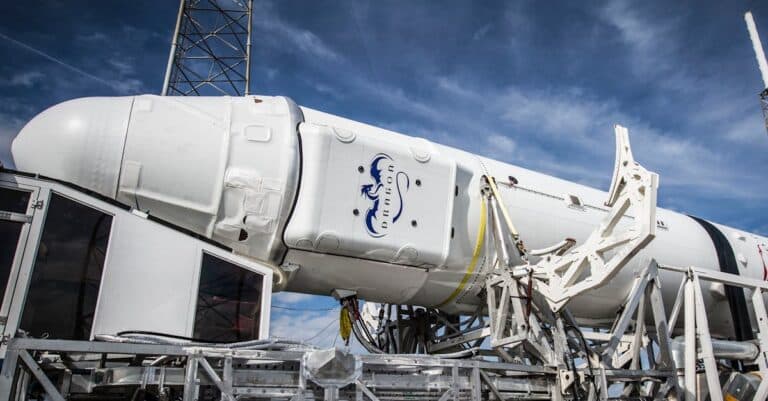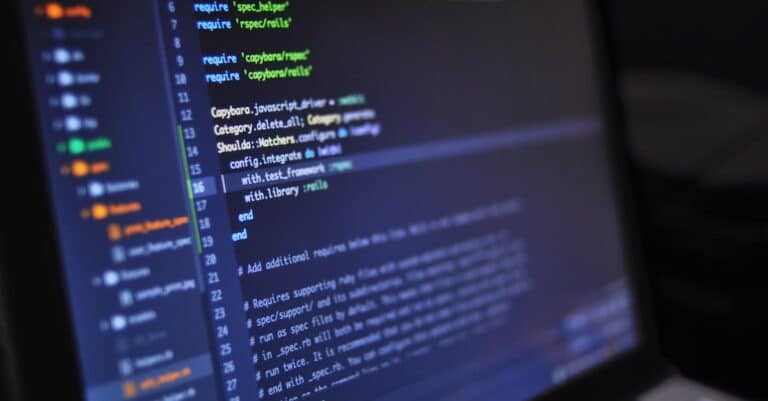The fire control plays a crucial role in the contemporary technological arsenal, asserting itself as a fundamental element to ensure the effectiveness and safety of military operations. It is a complex process that encompasses the planning, coordination, and management of weapon systems, allowing for the optimization of the responsiveness of armed forces to various threats. As geopolitical challenges evolve and weapons become increasingly sophisticated, the ability to implement precise and reliable fire control becomes indispensable to ensure strategic dominance and the protection of national interests.
The fire control is a set of procedures and technologies used to coordinate and manage the use of armaments, as well as to ensure the precision and security of strikes. In a military context, this process is crucial not only to reach targeted objectives but also to minimize the risks of collateral damage. Indeed, the increasing complexity of modern conflicts requires a more refined approach to command, communication, and control.
Currently, fire control is determined by the integration of various systems that allow for the monitoring and evaluation of the situation on the ground. This includes real-time data from sensors, radars, and even drones. Advanced analytics and artificial intelligence have recently taken a prominent place, providing solutions for target tracking, mission planning, and post-operational assessment. Modern systems require a shift in mindset among users, moving from the simple use of armaments to a more calculated tactical approach.
The need for fire control has evolved with the increase in complexity of contemporary threats. For example, naval military operations, such as those conducted by the navy, must ensure that they effectively manage their arsenal while preventing escalations of conflict. Moreover, the emergence of UAVs (unmanned aerial vehicles) has revolutionized how armies interact with their operational environments. These technologies offer unprecedented opportunities for surveillance and engagement, but they require rigorous mastery of fire control to ensure effectiveness and safety.
Cybersecurity is another crucial aspect of fire control in the contemporary context. Modern systems can be vulnerable to cyberattacks that can disrupt or alter the control process. The development of robust defense systems and backup procedures is equally essential. Thus, fire control is not limited to operational effectiveness but also encompasses the protection of infrastructures that may be targets of external attacks.
Recent military developments in Poland, which plans to invest $515 million in defense contracts at the MSPO exhibition, illustrate the growing importance of fire control in national strategy. Investments in advanced technologies are being considered to optimize armed forces and ensure the protection of territory, making this capability fundamental in the modern military landscape. It also highlights the importance of international cooperation where the standardization of fire control technologies can facilitate coordination among allies.
Also worth noting is the rise in maritime tensions that has pushed countries like the Netherlands to strengthen their maritime surveillance. Meanwhile, the Chinese navy is conducting regular patrols in contested areas while the United States adjusts its nuclear deterrence strategies. In this context, fire control becomes an essential element to prevent conflicts while maintaining a defensive posture.
In summary, fire control is of paramount importance in the modern world, as it ensures not only the effectiveness of military operations but also guarantees the safety of civilians. Thus, the development and integration of advanced fire control systems are imperative to maintain a form of peace and order in an increasingly complex environment.

FAQ on Fire Control
What is fire control? Fire control refers to the set of mechanisms and procedures used to evaluate, direct, and coordinate the actions of weapon systems to maximize their effectiveness on the battlefield.
Why is fire control essential in the modern world? Fire control is crucial because it optimizes strike precision, minimizes collateral damage, and ensures a rapid response to threats.
What are the main components of fire control? Key components include target detection, information acquisition, weapon system command, and effects assessment.
How does fire control integrate with other military systems? It integrates through secure communication networks that allow real-time information sharing between different units on the ground and command centers.
What are the challenges related to fire control in a modern warfare environment? Challenges include the need for interoperability between different systems, managing cybernetic threats, and accounting for international engagement rules.
How do new technologies influence fire control? Innovations such as artificial intelligence, drone surveillance, and advanced communication systems significantly enhance the speed and accuracy of fire control operations.
What is the importance of training for personnel involved in fire control? Training is essential to ensure that personnel can effectively use systems, correctly interpret data, and respond quickly in high-stress situations.
How does fire control contribute to national security? By strengthening quick reaction capabilities and increasing operational effectiveness, fire control plays a key role in protecting national interests and deterring potential adversaries.

























